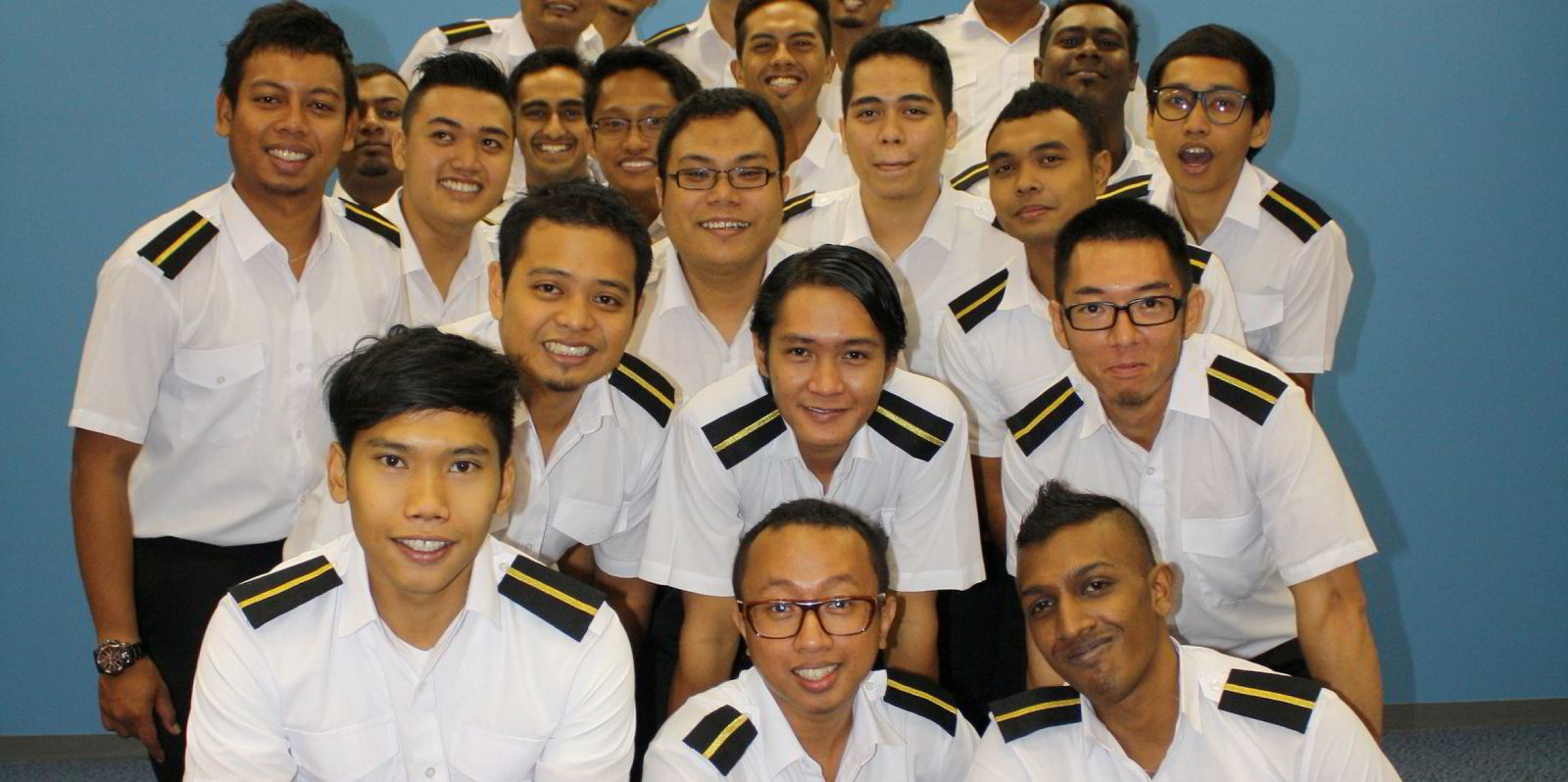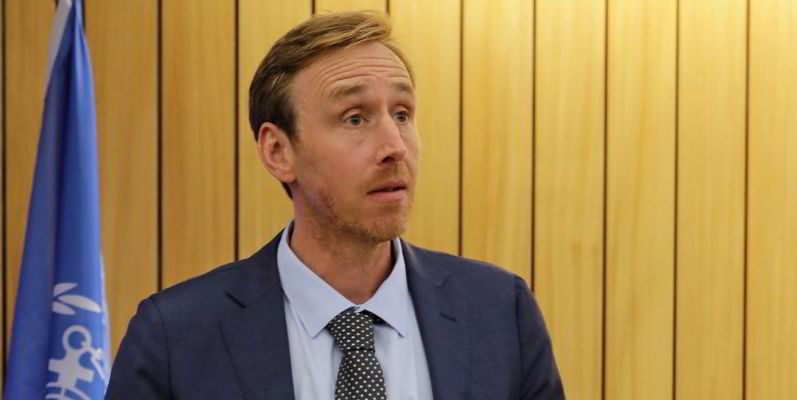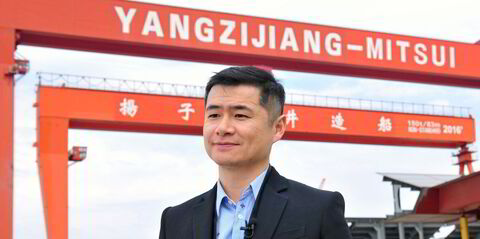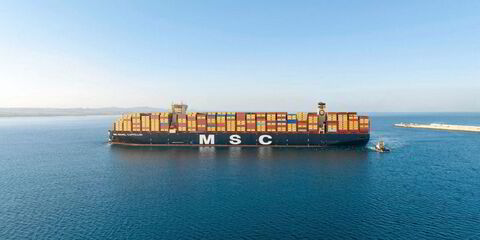A training project to help prepare seafarers for an age of low-carbon fuelled ships, tougher regulations and increasingly sophisticated technology is set to be revealed at the COP28 climate summit in Dubai.
The project is to develop a Baseline Training Framework for Seafarers in Decarbonisation and comes from the Maritime Just Transition Task Force, formed at COP26 in 2021.
Task force members include the International Chamber of Shipping, the International Transport Workers’ Federation, the United Nations Global Compact, the International Maritime Organization and the International Labour Organization.
Primarily funded by the Lloyd’s Register Foundation, it reported last year that up to 800,000 seafarers will need some education or re-education to prepare them for working on vessels using future fuels.
The task force aims to develop training materials by mid-2025 to be used mainly in Asia at first, where the majority of the industry’s seaborne staff are sourced. It said in a press statement that it sees the training as imperative if the IMO’s 2023 strategy is to be achieved safely.
“Ensuring a safe working environment for seafarers, as well as the effective management and operation of future technologies is at the heart of this project,” it wrote.
“The need for dedicated training has been identified by IMO and social partners. The IMO is comprehensively reviewing and revising its key treaty for seafarer training, the International Convention on Standards of Training, Certification and Watchkeeping for Seafarers, with input from industry, and seafarers’ unions.”
It is expected that Lloyd’s Register will develop a training framework and an instructor handbook will be published. Training for trainers will also be developed.
Global testing
Once developed, the baseline training framework will be tested through a programme led by the WMU, with support from the IMO Maritime Technology Cooperation Centre in Asia and other partners.
Training materials will be developed for all seafarers and officers and the aim is to then test the package globally.
This package will be available to IMO member states for use by maritime education and training institutes.




